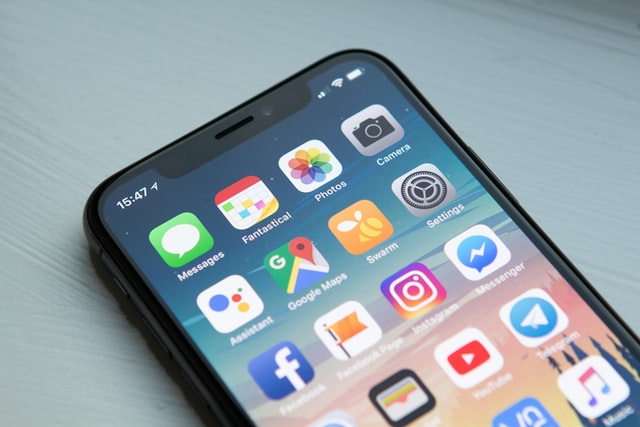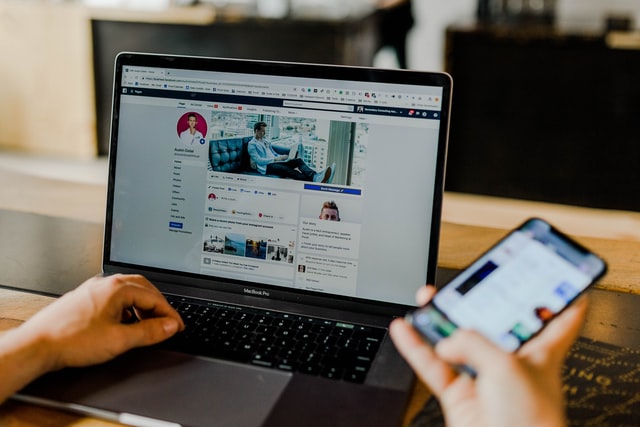We have all heard of stalkers. They can be creepy and dangerous, and we would want to protect ourselves from them logically. However, when it comes to stalkerware, a type of software that can, in one way or another, track and get our info, we are often much more relaxed. Yes, if we hear the word ‘stalkerware,’ it might be worrying, but we will assume that only the apps or programs specifically made to, well, stalk people deserve that name, and if we are using the mainstream apps, to call them that way, nothing wrong happen to us.
Stalkerware apps
We forget that almost every app we use asks us to share lots of personal information with it, and often requires access to many things on your phone, so we might not even be aware of all of the information that is floating on the internet, ready to assist a potential stalker, abusive or overbearing family member or partner, or anyone else that would like to have more information about you than you are willing to share.
Even if we use something that prides itself on being secure with your data, such as Google services, certain risks cannot be overlooked. While some apps need your, let’s say, location info to work correctly, such as Maps or Weather, it is essential to be aware of what we are sharing with them and if we feel comfortable with that.
Both Apple and Android phones have a feature that can help find them, or some of their intelligent accessories, with a PC, Mac, or the phone itself. They can often also be used to share location with friends or family, but it is good to check who you are sharing your location regularly and if you would maybe prefer to remove them from that list.
Android phones can share their location through Google Maps and Apple phones through the Find My feature. Snapchat has a similar feature that will practically always show your location to your friends, so while that might sound fine, as you can choose whom to have in friends, it is a good idea to check our the Ghost mode, which removes that info from being visible, as you never know who might have access to your friends’ accounts, even if you have otherwise handpicked them.
Another thing people might not think is dangerous is sharing an account that has location tracking on with someone else. For example, if someone has access to your Google account, they also have access to your Google Maps history. Not everyone has that feature turned on, but many people do, and they would be surprised when they go to the Maps history and see the entire patterns of where they have been.
People with access to that kind of information can highly likely use it for malicious purposes, so if you are not 200% sure about someone (100% might not be enough), you can remove them from having access to your Google account, and, if in some case you cannot do that, you can turn off location history on Google Maps and even delete the previous location history to make sure no one can check it out.
People often tag their locations, both natural and made up, on social media. They might be drinking a cup of coffee in a trendy cafe, watching a movie in a cinema, or visiting a famous nature spot. It is undoubtedly tempting to, when sharing a photo of it, add the location. Some people do it without even thinking about it, and some simply enjoy doing it.
However, it can pose a real danger to you, especially if you tag your location often. Just like with Google Maps, anyone who follows you on social media (or simply anyone, if your accounts are public) can see where you have been and sometimes even where you are at the moment. They can use this information to track you down, which nobody does for any practical purposes. Of course, this is also connected to the number of things you share on social media.
If you post tons of pictures, people might recognize their locations, giving them the info they need to track you down. Alternatively, many people write their info in their social media bios or provide more than necessary information on them, such as with all of the options Facebook offers you to add to complete your profile. We should always think about whether it is essential to share something on social media or anywhere else on the internet, or could it perhaps cause us trouble in the long run.
Learn more on keeping yourself safe online: https://watchdog.dev



